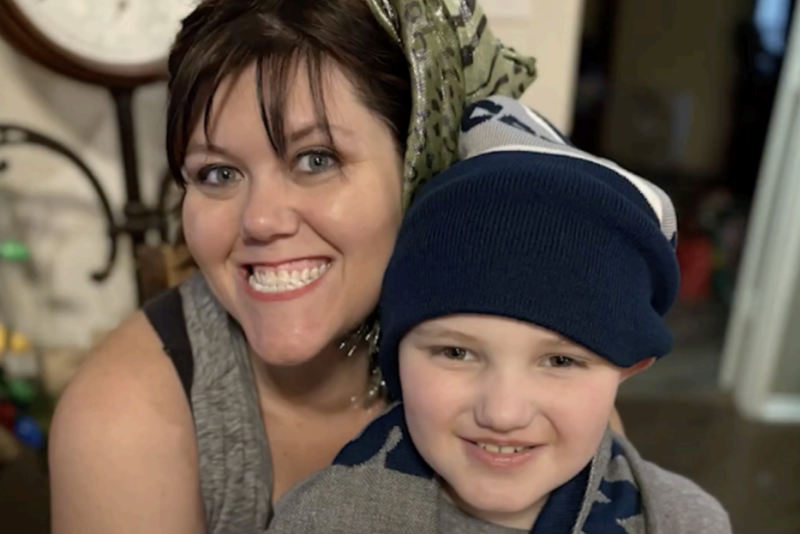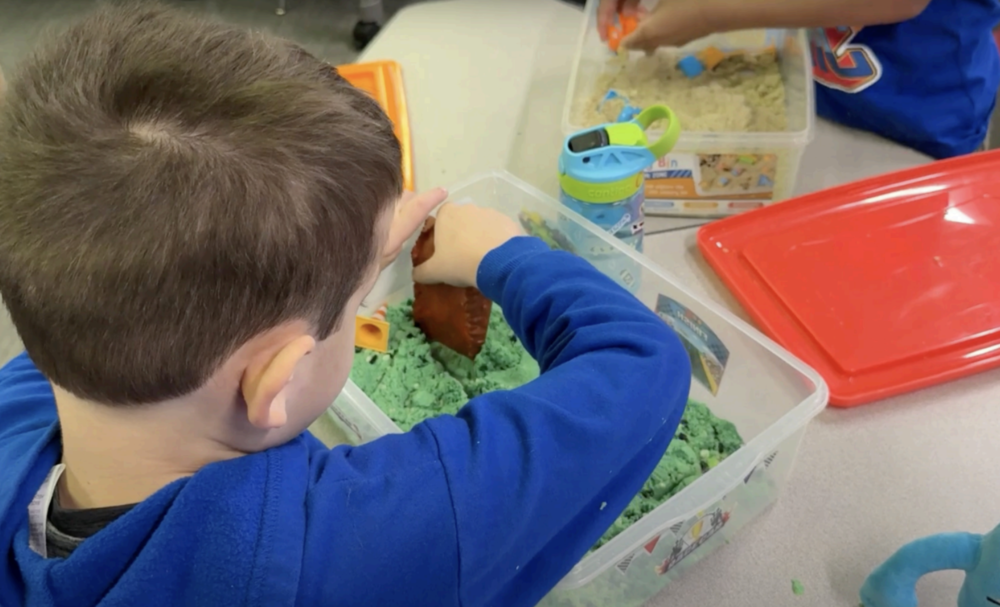Every Friday morning at Scott Elementary School in Royse City ISD, approximately two dozen students make their way to what educators, parents, and children alike have come to call a sanctuary of progress: the Center for Excellence. This innovative program represents a dramatic shift in how the district approaches behavioral challenges in its youngest students.
A New Solution to an Old Problem
The Center was born out of necessity. District leaders noticed a troubling pattern across their elementary and middle school campuses: behavioral classrooms were becoming increasingly difficult to maintain, staff turnover was high, and principals were spending disproportionate amounts of time managing these specialized classrooms, time that could have been spent supporting other students.
“Our question was: how might we bring this all into one place and maybe support everybody and our kids at the same time?” explains Dr. Coral Wilkens, Royse City ISD Special Education Coordinator for Behavior Services. The answer came in the form of a centralized approach that pools resources, expertise, and support systems under one roof.
Structured for Success
What distinguishes the Center for Excellence from traditional behavioral classrooms is its innovative rotational structure. Rather than spending the entire day with a single teacher, which can be challenging for both students and educators, children rotate between different teachers and specialists throughout the day, mirroring the experience of their peers in general education.
“Treating them like any other student in this building, like they should be treated—you can see the success,” shared Keith Merritt, Scott Elementary Principal. “We have a lot more students going to out classes, staying in out classes, and succeeding in out classes.”
This rotational model serves multiple purposes. It provides students with opportunities to practice social skills with different adults and peers, helps them develop flexibility, and prevents the burnout that often affects both students and teachers in traditional behavioral classrooms.
A Holistic Approach
The Center’s philosophy isn’t simply about controlling behavior; it’s about understanding it and providing children with the tools they need to succeed. “We target behavior with academics,” explains Jennifer Hallam, Behavior Coach at the Center for Excellence. “Most of our kids are on grade level. This program creates an environment that kind of pushes the boundary to create the behavior, but then we help give them the skills that they need to be successful.”
This approach is yielding remarkable results. Jon Brown, a teacher at the Center for Excellence, shared a breakthrough moment: “I got a kid right now that just hits, and nobody knows why he hits and why he attacks people. Just yesterday, he got up and was going to attack a kid. He stopped himself, looked at me, and said, ‘I need a break.’ That was a big milestone.”
A Fresh Start
Central to the Center’s philosophy is the belief in daily fresh starts. “Every day we start as a new day,” says Hallam. “They’re never held accountable for what they did the day before because we know that they’re struggling, and it’s our job to give them the skills that they need to feel success.”
This approach reflects a deep commitment to these young students’ futures. Hallam choked back tears as she explained, “To give up on a first grader is not acceptable for me. That’s why even on my hard days, I come with a smile—because they’re kids, they’re babies, and they have the rest of their life. If we don’t get to them now, then who? If not me, then who? If not us, then who?”
A Community of Support
Perhaps the most powerful aspect of the Center is the community it creates—not just for students, but for educators as well.
“Normally in special education, the kids get used to one or two adults as their support person,” explains Anessa Johnson, Special Education Teacher at the Center for Excellence. “Here, they have so many more support people, and it’s very comforting to see them realize that they have this amount of people that care and support them and want them to be the best that they can be.”
This sense of shared purpose extends to the staff as well. “When we put everybody together, we’re one step closer towards building the culture and the relationships,” says Jackie Mitchell, Special Education Coordinator for Behavior Support. “Having everybody together to support each other has made the biggest impact in supporting the kids.”
Transforming Perspectives

Melissa Salter and her son, Ryker, a student at the Center for Excellence.
For some parents, the idea of sending their child to a specialized behavioral center initially sparked concern. “As a mom, when I found out this Center was opening, I was not okay. I was devastated," confesses Melissa Salter, a parent of one of the students at the Center for Excellence. “But his behavior kept escalating, and at some point, a change needed to be made. I needed to put my feelings aside and see what was going to be best for him—and then we moved forward.”
That forward movement has created something truly special, according to Salter, who shared, “It’s very life-changing when you have a happy child and a confident child that looks forward to going to school.”
Through structure, consistency, and unwavering belief in every child’s potential, Royse City ISD’s Center for Excellence is proving that with the right support, every student can thrive—not despite their challenges, but through learning to navigate them with confidence and skill.

